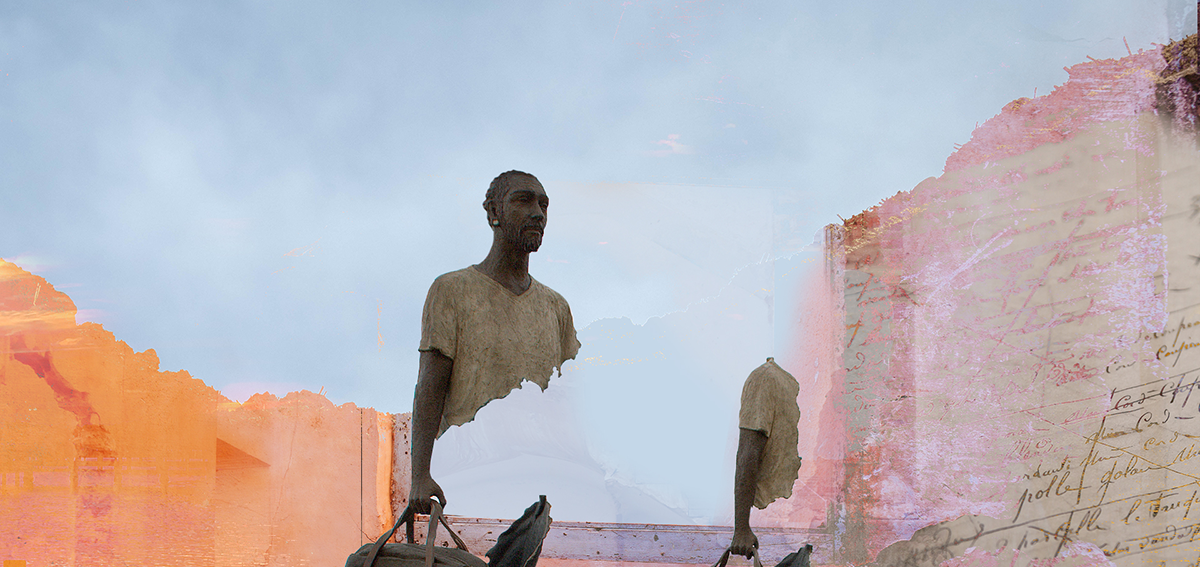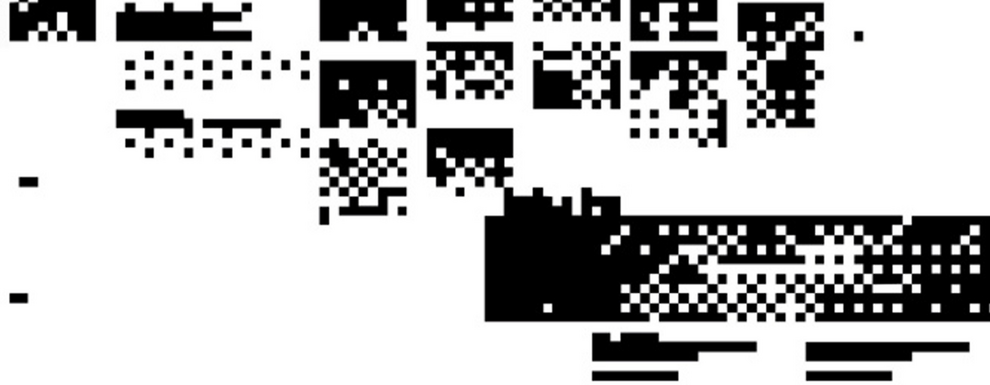Parcours d’intellectuels en exil

Discover the "Parcours d’intellectuels en exil : un humanisme sans frontières" podcast series, which seeks to make visible the complexity of these intellectual trajectories and their importance both for the renewal of thought and for democracy.
With Jacques Rupnik et Iryna Dmytrichina
Milan Kundera, one of the leading figures of the cultural revival in Czechoslovakia in the 1960s, left his country after the crushing of the Prague Spring and the introduction of censorship and repression known as "normalisation". In France, the country he chose as a land of exile and of which he became a citizen, he enjoyed literary success with novels written in Czech and then in French.
With his famous essay A Kidnapped West : The Tragedy of Central Europe (Un Occident kidnappé ou la tragédie de l'Europe centrale) published in 1983 (and republished in 2022), which had a huge impact, he contributed to overcoming the ideological-political boundaries of the time and to reshaping the mental map of Europe before 1989. The writer in exile as a bridge between two worlds.
With Joël Roman et Vassiliki-Piyi Christopoulou
During the 1939-1945 war, several French intellectuals paid with their lives for their commitment to the active Resistance (Jean Cavaillès, Marc Bloch, Victor Basch, Maurice Halbwachs, Jean Prévost), while others chose, voluntarily or not, exile. We can mention the names of Roger Caillois in Argentina, Raymond Aron and Simone Weil in Great Britain, or Jacques Maritain, Claude Lévi-Strauss, André Breton or Paul Vignaux in the United States, in New York. Although they all considered themselves to be hostile to Nazism and the occupation of France, they quickly diverged on the attitude to adopt towards the one who was gradually emerging as a figure capable of embodying Free France, that of General de Gaulle. We will question the significance of this experience of exile, which was for the most part temporary and did not lead, as it did for many German exiles, for example, to an adhesion to a new adopted homeland.
With Rosa Freire d’Aguiar, Afranio Garcia et Glauber Sezerino
Celso Furtado arrived in Paris in 1965, a few months after the military coup in Brazil. Deprived of his political and civic rights, forced to abandon his official functions as Minister of Planning and Director of the Nordeste Development Agency, he began a new life in Paris: that of a university professor. At the Sorbonne and other academic institutions such as IEDES, IHEAL and the Maison des Sciences de l'Homme, he devoted himself for twenty years to the training of hundreds of students from all over the world and to the writing of books on Brazil, Latin America, development and culture, which are the main themes of his work.
Avec Lun Zhang et Emilie Frenkiel
L’un des thèmes culturels et politiques les plus importants de notre temps est le questionnement identitaire, qu'il s'agisse de l’identité personnelle ou de l’identité collective. Depuis l’époque moderne, la Chine a entamé une grande transition vers sa modernité. Les lettrés, représentants de la vieille civilisation, se sont progressivement transformés en intellectuels, acteurs de la modernité. L’exil constitue une partie importante de ce processus difficile et source de souffrances. D’une certaine manière, l’exil a libéré les lettrés de leur enfermement identitaire et ouvert la porte à l’invention d’une nouvelle identité chinoise individuelle et collective. L’exil est toujours un acte de distanciation, d’éloignement, d’anéantissement, mais il est aussi un événement d’élargissement, d’échange, de renaissance et de réinvention. L’histoire de la civilisation humaine nous le montre, la Chine moderne nous le confirme de nos jours.

Parcours d'intellectuels en exil : un humanisme sans frontières

Futurs de l'écriture

Heritage Cosmopolitics in the Hindu Kush Himalaya region by Zahra Hussain

Jacques Louis David, la traite négrière et l'esclavage


